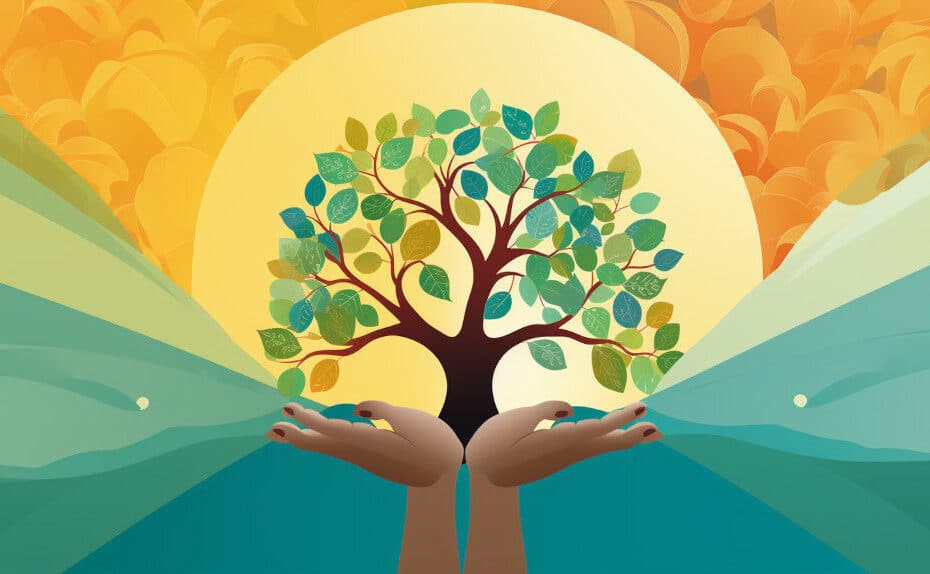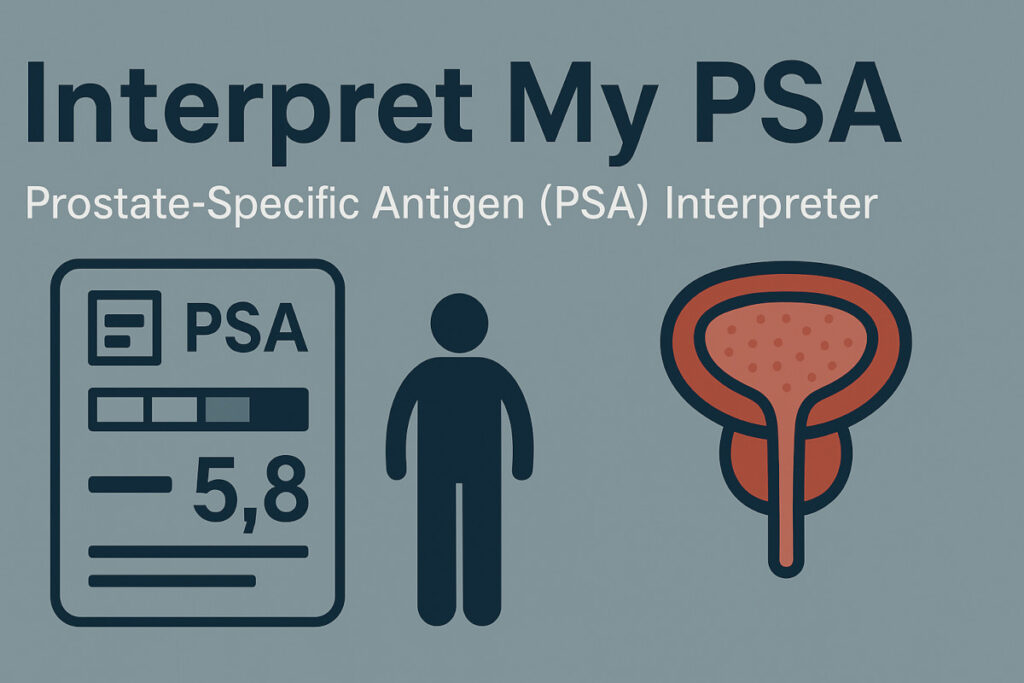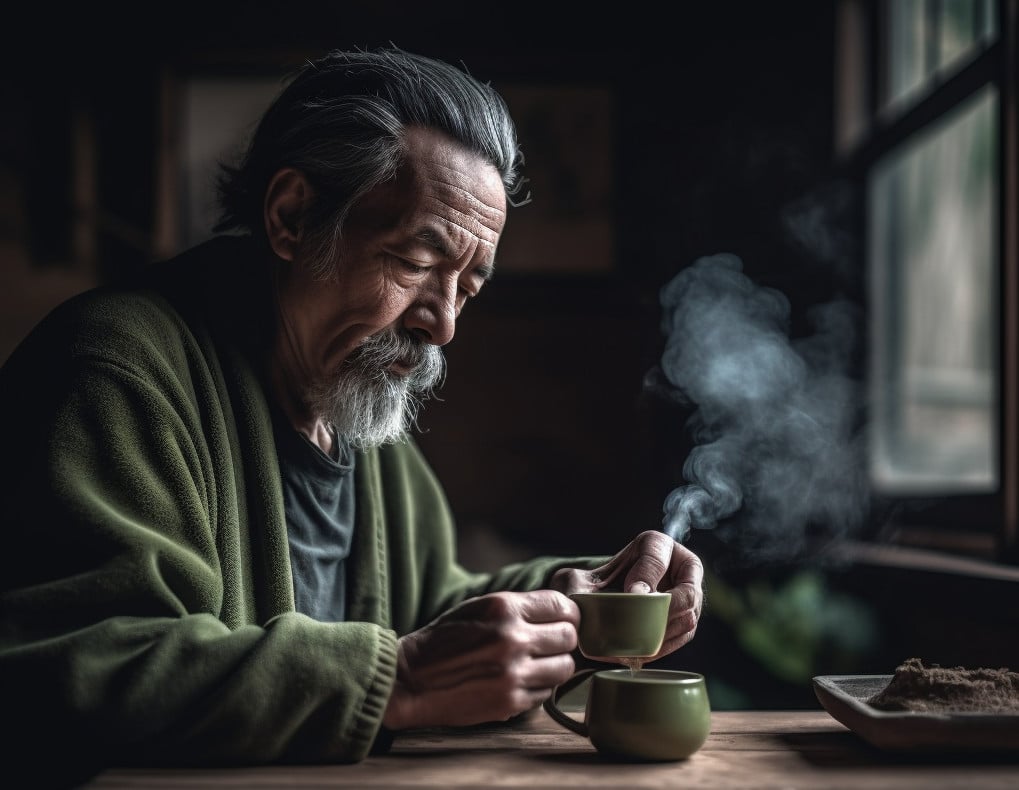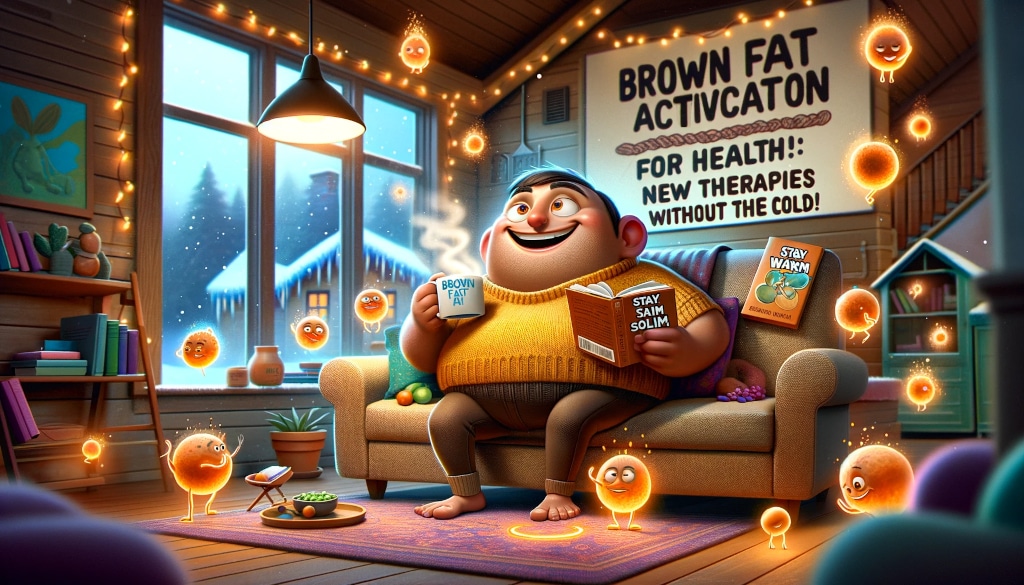Last Updated on July 7, 2024 by Max
Introduction: A Story of Courage and Insight
We recently had the privilege of sharing Michael’s personal journey through his challenges with prostate health. His story is more than just a narrative; it’s a beacon of courage that shines the diverse paths individuals navigate in their health and recovery journeys. Michael’s willingness to open up about his experiences offers a unique perspective, enriching our conversation and reminding us that health issues are universal, transcending race and background. In our quest to inspire and uplift, especially within the Black community, Michael’s contribution significantly broadens our dialogue, celebrating the power of diverse experiences in shaping our collective understanding of health and wellness. We are deeply grateful to Michael and his wife, Taetske, for bringing this conversation to our community, inviting us to look beyond conventional narratives and embrace a more holistic view of health.
Michael’s Comment (Full Reproduction)
“Hello Max, I was introduced to your site by my wife Taetske, and I must say that this kind of information is very valuable to those with prostate issues. I am neither a black man nor a white one. I am most definitely an “other” and I understand the worries and pain of cancer. My entire family has gone through cancer issues. I personally watched my mother go through 7 different kinds of chemotherapy that did nothing but make her sicker. Ultimately, one doctor told her that she would never be free of cancer. That is when she gave up. Cancer is most definitely beatable and with support, a person can go through many things on the way to victory. Stay positive and always look for alternatives.
I was, luckily, able to avoid cancer but I was diagnosed with benign prostatic hyperplasia (BPH). I could not go through the night without having to visit the throne room two or three times a night. I tried multiple supplement strategies and alternative treatments but nothing helped. Finally, I made the decision to go through surgery to have my prostate removed. TURP (transurethral resection of the prostate) is not a major surgery where you are cut open, but it does have some side effects. I was told that I would still be able to enjoy sex but I was not told that the act would not produce the same pleasurable effects. One good thing is that after leaving the hospital and resting at home for a few days, I was able to go on normally with my life without medications. I do not trust anyone who says I have to use a drug for the rest of my life.
I want to commend your comment to John (February 25, 2024) and agree wholeheartedly with the concept of avoiding processed foods. Avoiding any foreign chemicals in your food is of paramount importance with regard to your health. I also would recommend anyone thinking of prostate surgery, or any serious medical treatment, to seek out multiple sources and opinions. Not just the “licensed” pill pushers but alternative treatments. My wife was told she had to have a hysterectomy and it really affected her hormone balance. If we knew then what we know now, we would have done things much differently.
Good luck with your current project and thank you for allowing me to vent my opinion on the current medical (mal) practice.
Michael”
Reflecting on Michael’s Journey
Michael’s honest share sheds light on the deeply personal side of dealing with prostate health issues. His journey underscores a universal truth: health challenges don’t discriminate. They can impact anyone, regardless of race or background. His proactive approach to exploring treatments beyond the conventional, and his skepticism towards long-term medication reliance, offer a perspective that many of our readers may find both relatable and informative. Michael’s emphasis on the importance of diet, specifically avoiding processed foods, aligns with a holistic view of health that advocates natural over artificial.
Moreover, Michael’s advice to seek out multiple opinions before undergoing any serious medical treatment resonates with a broader call for patient advocacy and informed decision-making. It’s a reminder of the power and responsibility we have in navigating our health care, emphasizing the need for thorough research and open-mindedness about alternative treatments.
By sharing his journey, Michael not only adds depth to the dialogue surrounding prostate health but also invites us to adopt a more thoughtful and empathetic stance toward our health choices. His story emphasizes the necessity of support networks, a positive outlook, and the courage to investigate all potential paths to recovery.
The Power of Different Views in Healthcare
Michael shows us how important it is to listen to different people’s experiences when it comes to health. Even though his journey is unique, it shares similarities with others trying to find their way through the healthcare system. Stories like his, especially from groups that don’t get heard enough, help us understand health problems better. They give us deeper insights, making health advice and treatments more effective and welcoming for everyone.
Why do Different Perspectives Matter? Having a variety of viewpoints leads to better overall care. It makes sure that health plans consider everyone’s needs, recognizing that what works for one person might not work for another. Michael points out how crucial it is to look at all kinds of treatments, including less traditional ones. This way, the healthcare system can support everyone’s choices and preferences.
Michael’s Advice on Diet. Michael stresses the importance of avoiding processed foods, a tip that’s good for more than just prostate health. There’s a strong connection between what we eat, how we live, and our health. His story reminds us that making conscious choices about our diet can improve our overall health and even protect against diseases. Choosing whole foods over processed ones can make a big difference in how we feel and in our health, including prostate health. These choices empower us to take charge of our well-being.
Making Smart Choices. Michael’s proactive approach in seeking different opinions and considering various treatments before making a decision is a lesson for all of us. It shows the importance of being involved in our healthcare and making choices based on thorough information. This strategy supports a healthcare system where patients and doctors make decisions together, considering all options. It’s about combining professional advice with personal research and preferences, leading to better health outcomes and empowering patients.
Conclusion: A Collective Journey of Empowerment and Healing
Michael’s journey is a profound reminder of the importance of embracing diverse experiences in health and recovery. Through his story, we are encouraged to consider our health choices with empathy, to seek support networks, and to approach our paths to recovery with optimism and courage. Michael’s insights into the significance of diet, the value of exploring all treatment options, and the necessity of informed decision-making are invaluable lessons for us all. As we reflect on Michael’s narrative, let’s take this opportunity to invite more stories into our conversation. Let’s share our victories and challenges, and listen to and learn from each other’s experiences. By doing so, we not only enrich our understanding but also strengthen our community, ready to face health challenges together. Michael’s story is a call to all of us to stand up for our health choices, embrace the diversity of our journeys, and support one another in our collective quest for wellness.







Michael’s journey offers a relatable and insightful outlook on managing prostate health concerns, presenting valuable lessons and experiences that can assist others in overcoming similar challenges. The article underscores the significance of embracing diverse health experiences, recognizing the universality of health struggles, and advocating for alternative treatments alongside conventional medicine.
How did Michael’s experience with prostate health impact his relationships with his loved ones, and what role did their support play in his journey?
Hi Matt,
Thank you for your insightful comment and for raising such an important question about the impact of Michael’s health journey on his relationships. His loved ones played a crucial role throughout his recovery process. They helped him navigate the emotional highs and lows that accompany such a health challenge. It was their encouragement that often motivated him to explore and persist with both conventional and alternative treatments. They provided not just practical help, but also the emotional resilience to face his condition head-on.
Thank you again for engaging with the story and highlighting such an essential aspect of health recovery.
Max.
The article is eloquently crafted, showcasing Michael’s story as a source of inspiration and valuable insights into personalized wellness approaches. It underscores the significance of individualized paths to health, emphasizing the need to tune into our bodies’ signals.
I’m intrigued to learn about the specific methods or habits that played a pivotal role in Michael’s recovery. Did he adopt specific dietary, exercise, or mental health practices that notably influenced his healing process?
Hi Kiersti,
Thank you for your kind words and your thoughtful question about Michael’s recovery methods. Michael’s approach to recovery was indeed holistic, incorporating changes to his diet, exercise routines, and mental health practices.
Diet-wise, he shifted towards a more plant-based diet, rich in fruits, vegetables, and whole grains, which helped reduce inflammation and support overall prostate health. He also included more foods rich in antioxidants and omega-3 fatty acids, like fish and nuts, which are known for their anti-inflammatory properties.
For exercise, Michael incorporated regular physical activity that was gentle yet effective, such as walking and subtle Garden work. These not only helped improve his physical fitness but also reduced stress levels, which is crucial for recovery.
On the mental health front, Michael found great benefits in mindfulness meditation and regular counseling sessions, which helped him manage stress and address the psychological impacts of his health issues. These practices not only supported his emotional resilience but also enhanced his body’s capacity to heal.
Thank you for engaging with Michael’s story and for your interest in the specifics of his path to recovery.
Max.
Thank you for sharing Michael’s courageous journey with us. His openness reminds us that sharing our experiences is the key to collective growth and understanding. Let’s continue to encourage such diverse perspectives and meaningful communication in our conversations about health, as they enrich our understanding and pave the way for greater insight and progress for all.
Hi Jeeda,
Thank you for your thoughtful comment! I couldn’t agree more—Michael’s willingness to share his journey truly exemplifies the power of openness in fostering collective growth and understanding.
Continuing to promote and engage in these meaningful conversations is indeed essential. If you have any personal insights or stories you’d like to share about health and recovery, please feel encouraged to share.
Thank you for being part of this enriching conversation!